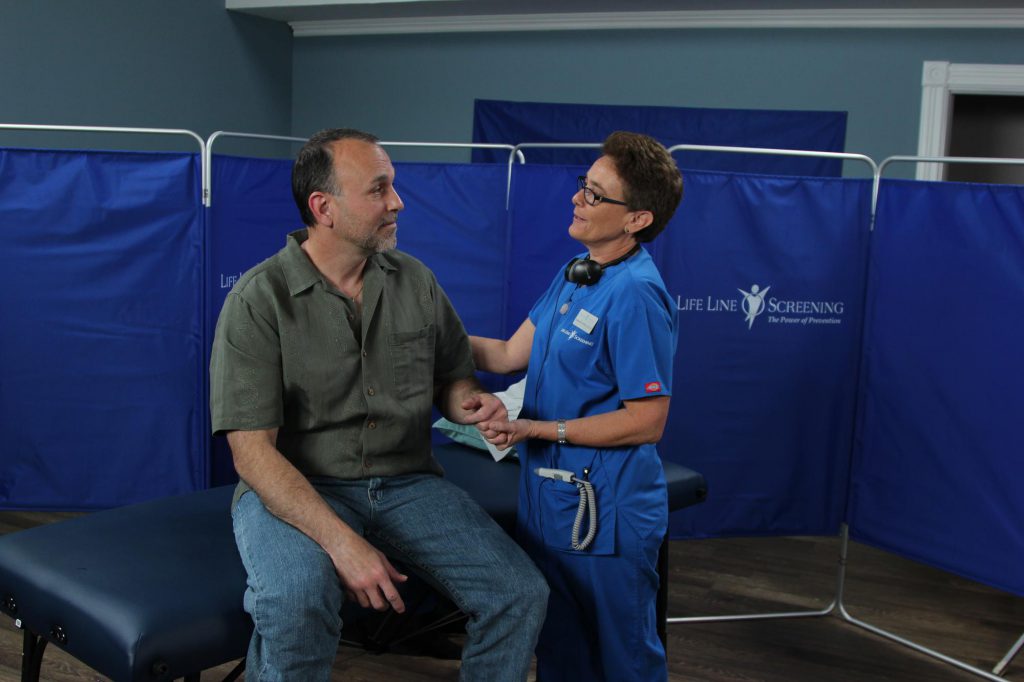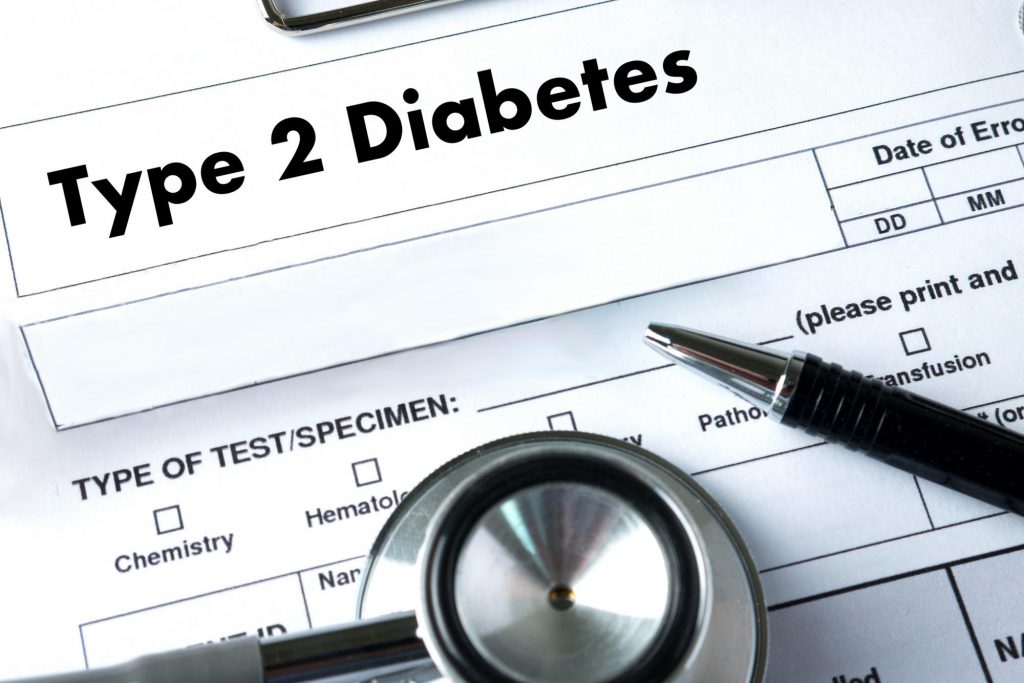Home » Screening Services » Testosterone Deficiency Screening
Testosterone Level Test
Testosterone is the primary sex hormone in men, playing a role in development of the body during puberty, sex drive, and muscle and bone strength. It may also play a role in mood regulation; research continues on that as well as the other functions of testosterone.
A low testosterone test is a simple finger-stick blood test, and indicates the level of testosterone in the blood. Low testosterone (low T) is associated with loss of muscle mass and body hair, low sex drive, increased breast size, irritability, and brittle bones.
$60.00
Schedule this Screening
*Screening availability may be limited by location.
About Low Testosterone Screening
Testosterone production in men occurs in the testes, following signals that come from the pituitary gland.1 In contrast to its reputation for making men oversized, aggressive, and angry, testosterone has other important functions in the body. It is critical to the production of red blood cells, bone and muscle development, sex drive, sperm production, and the changes to a boy’s body that naturally occur during puberty. Women even have testosterone in their bodies, where it also plays a role in red blood cell production, bone strength, and sex drive.
Too much testosterone production is rare because the body does such a good job of regulating production. Abuse of testosterone by those hoping to build muscle quickly can have adverse side effects such as acne, liver disease, cancer, headaches, blood clots, and stunted growth in adolescents.1
Testosterone test results can fluctuate significantly, even on the same day. Your doctor, who knows you and is familiar with your overall physical condition, is the most qualified to diagnose you with low testosterone. Not only do normal testosterone levels vary by age, but for men, testosterone production starts declining at about age 30. Some medical conditions and treatments can cause low testosterone, such as cancer, radiation, chemotherapy, infection, injury to the testes, and autoimmune conditions.
Treatment for low testosterone is administered cautiously, as too much testosterone has been linked to speeding the growth of pre-existing prostate cancer.
Testosterone Deficiency Screening Details
Testosterone level testing is done with a simple finger-stick blood test. Your results letter will indicate your level of testosterone in nanograms per deciliter (ng/dL) of blood, and will indicate if your level is abnormal low, normal, or abnormal high. The normal range is 193-836 ng/dL. The results letter will also direct you to seek follow-up screening with your doctor, if necessary. Testosterone levels in the blood can vary significantly, even on the same day, and testosterone production begins to decline in men around the age of 30.2 Low testosterone screening may not indicate that any treatment is necessary, even if the results are lower than normal.
Warning Signs for Low Testosterone
- Reduced sexual desire
- Erectile dysfunction
- Breast discomfort
- Loss of body hair
- Infertility
- Shrinking testes
- Thinning bones
- Obesity
- Some men experience reduced muscle bulk and strength, decreased energy, and feeling down, blue and sad
Risk Factors for Low Testosterone1
- Age (40+)
- Someone who has experienced injury to the testicles
- Hormonal disorders
- HIV/AIDS
- Testicular cancer
- Diabetes
- Obesity
Who is a Low T test for?
A low testosterone test is appropriate for men who are experiencing symptoms associated with low levels of testosterone: loss of muscle mass and body hair, low sex drive, increased breast size, irritability, brittle bones, and sometimes even hot flashes. Testosterone levels in the blood can vary widely, even on the same day, so doctors are very cautious about prescribing testosterone therapy. A testosterone deficiency diagnosis can only be made after physical evaluation and consistent, persistent low testosterone levels.
Ages
Men age 40+ who are experiencing symptoms of low testosterone should get a testosterone level test.
Frequency
Please consult with your physician. Frequency of low T testing will depend on factors such as underlying medical conditions and your overall physical health.
Schedule this Screening
*Screening availability may be limited by location.
Low T Screening FAQ
A testosterone test is a simple blood test, often done in the morning along with physical exam. Normal testosterone levels vary by age and physical condition, so your doctor is the most qualified to evaluate your testosterone level within the context of your overall health. Sometimes a testosterone test can indicate an underlying medical condition.


